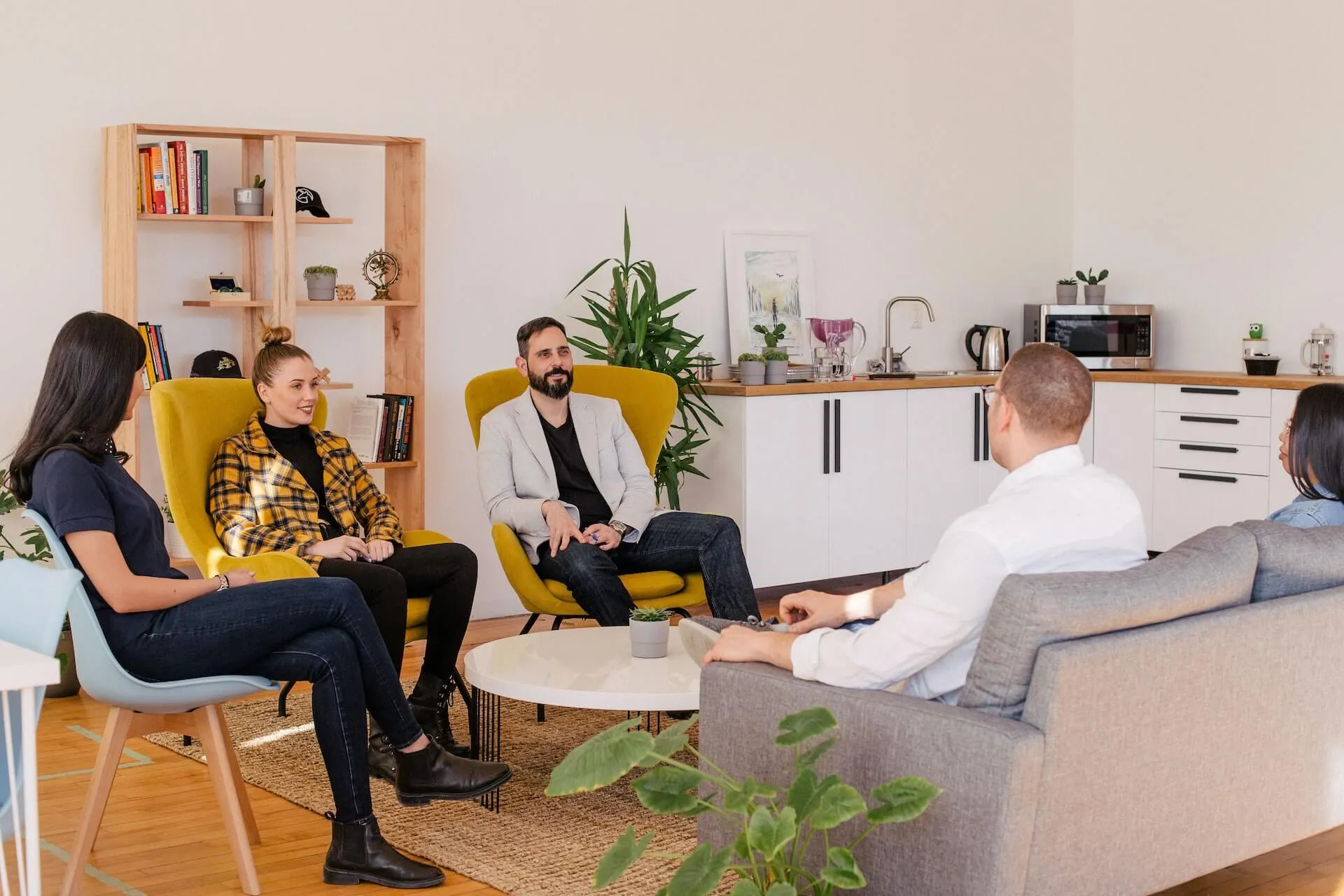24/7 Helpline:
(866) 899-221924/7 Helpline:
(866) 899-2219
Learn more about Residential Rehab centers in Union County

Other Insurance Options

Highmark

WellPoint

Multiplan

CareFirst

Coventry Health Care

BHS | Behavioral Health Systems

EmblemHealth

Amerigroup

UMR

Access to Recovery (ATR) Voucher

Evernorth

Group Health Incorporated

Self-pay options

Health Partners

Health Choice

Molina Healthcare

United Health Care

Humana

Meritain

Sutter

Grand Lake Mental Health Center
Grand Lake Mental Health Center is a private rehab located in Afton, Oklahoma. Grand Lake Mental Hea...

High Country Behavioral Health
High Country Behavioral Health provides mental health and substance abuse services including treatme...







































































































